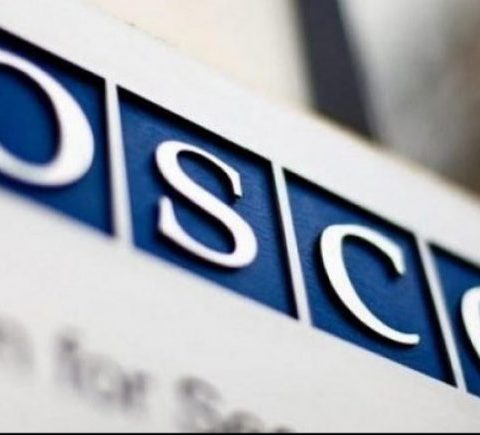TIRANA TIMES
TIRANA, Dec. 20 – Switzerland-based Sicpa has been awarded a 10-year concession to produce and establish a tax stamps control system on tobacco, alcohol and pharmaceutical products, according to a recent government decision.
The leading global provider of security inks and solutions will benefit 2 percent of income from the sale of tax stamps under the concession, worth 10 million euros, after being announced winner in an international tender.
The novelty of this concession is the implementation of Sicpatrace (Secure Track & Trace Solutions), providing control mechanisms against illicit trade. The tax stamps will have four security elements to prevent possible forgery allowing their real-time registration in the central system and also their tracing through portable scanning equipment.
The Finance Ministry, which is the contracting authority, says the new scheme expected to start being implemented next year, after the company gets the necessary permits and authorizations, will minimize circulation of fake tax stamps, one of government’s main source of revenue.
Government will pay an average of 14.43 euros/1,000 tax stamps after reaching a deal to lower the company’s initial proposal by 31 percent.
Their production and issue will be carried out at the ex-typography facilities, where new biometric passports and IDs are also produced.
According to a Finance Ministry statement, 100 stamps for tobacco products will cost 20 euros, compared to 32 euros for alcoholic beverages, 22 euros for beer and 14.43 for medicines.
Companies producing cigarettes or alcoholic drinks abroad will have their tax stamps sent by mail based on the information send by the Albanian importers.
The SICPA Secure Trail system allows manufacturers to monitor, securely track and authenticate their own products, without interfering with the manufacturing process or disturbing international trade. It also allows regulatory authorities and consumers to verify product authenticity and compliance, thereby alleviating public health hazards. The system enables customs and other law enforcers to verify the legitimacy of any consignment, down to the individual products, at any stage in the supply chain. It provides an indispensable tool for gathering legal evidence and applying repressive measures in the case of a counterfeiting crime.










